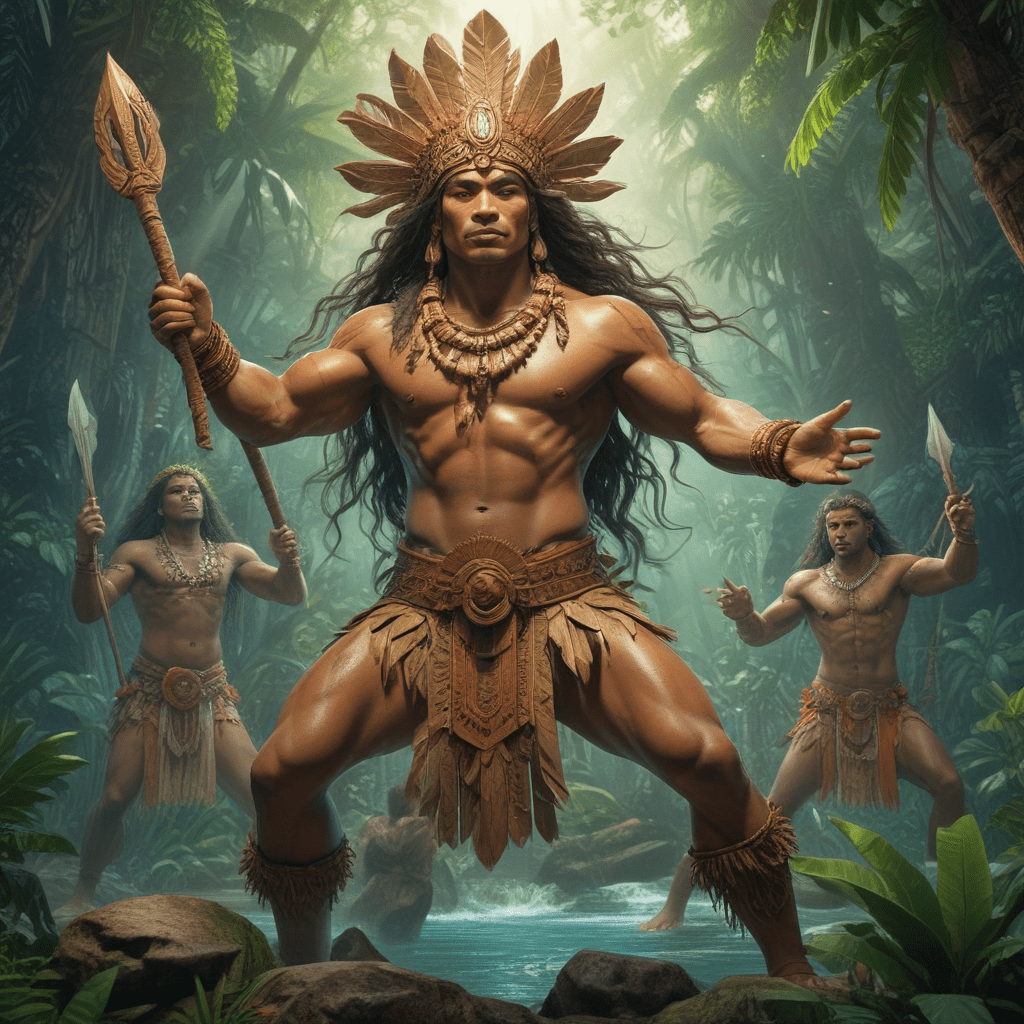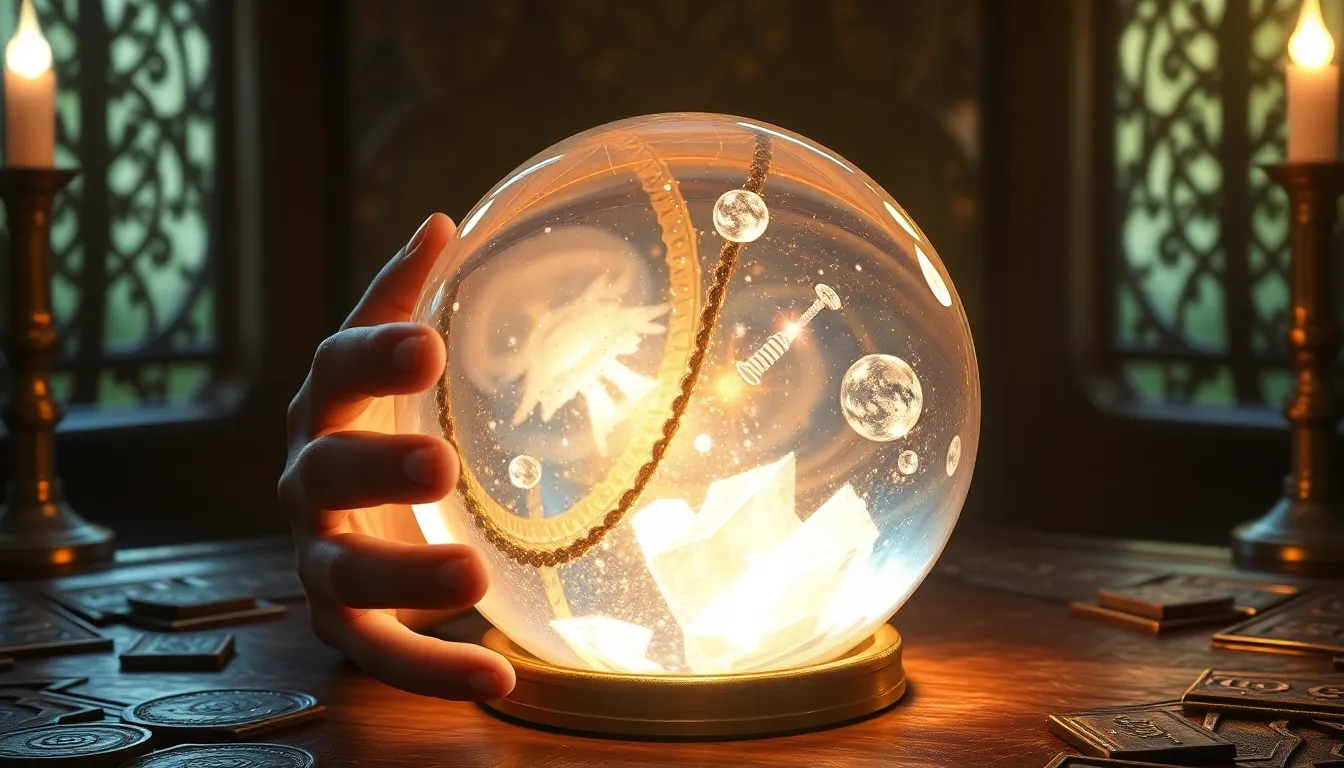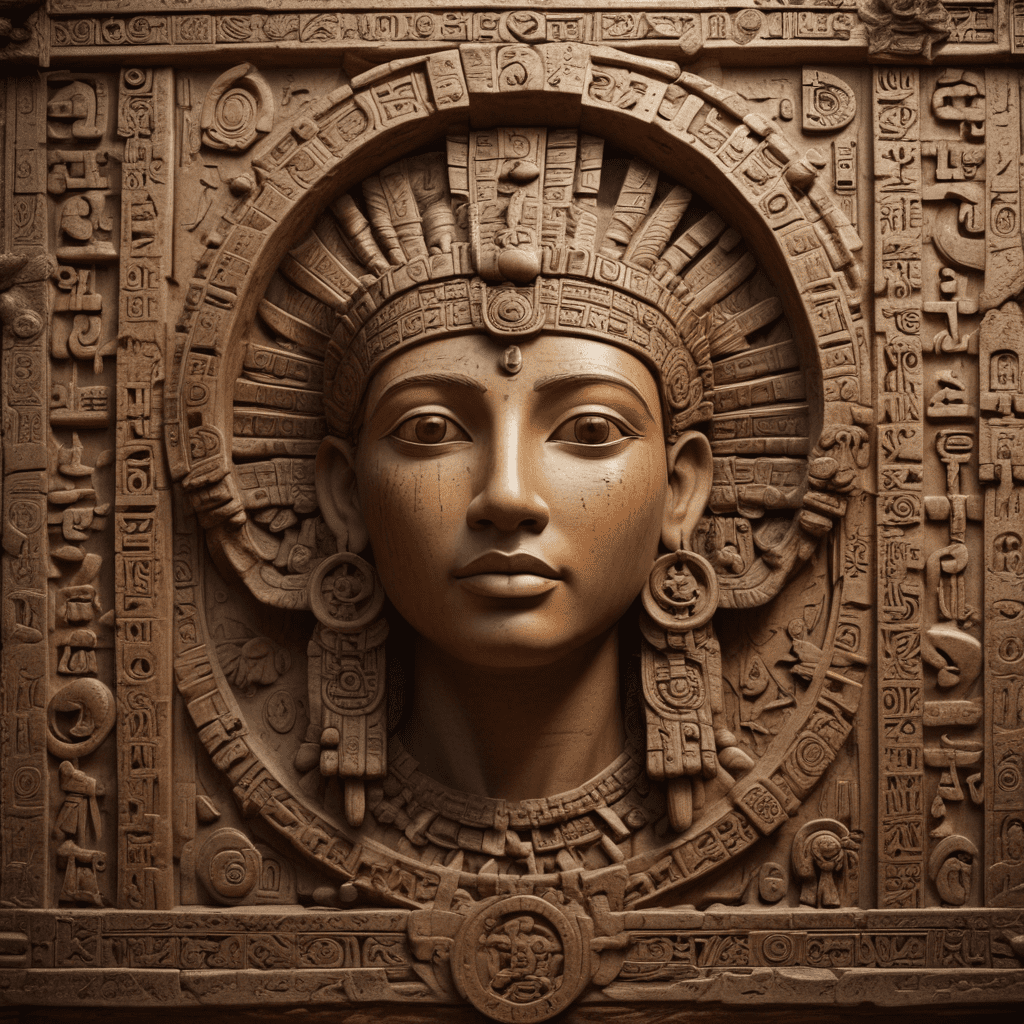Polynesian Mythology: Songs and Chants
I. The Importance of Songs and Chants in Polynesian Culture
The ancient cultures of Polynesia possessed a deep reverence for spoken and sung words and believed songs and chants were divine gifts from the gods. These oral traditions were essential for preserving their history, culture, and spiritual practices. Through their chants and songs, the Polynesians celebrated their ancestry, invoked their deities, and shared their knowledge and wisdom. They served as a form of social cohesion and were an integral part of every aspect of their lives, guiding daily routines, ceremonies, and rituals.
II. Types of Songs and Chants in Polynesian Mythology
The songs and chants of Polynesian mythology encompass various forms with diverse purposes, including:
1. Epic Poems:
These long, elaborate narratives recount the genealogies, adventures, and exploits of mythical heroes and demigods. They often contained detailed descriptions of Polynesian culture, customs, and beliefs, offering valuable insights into their worldview.
2. Genealogies:
Polynesians meticulously preserved and recited the names and lineage of their ancestors. These genealogies played a crucial role in establishing family connections, social status, and succession rights, serving as a foundation for their complex societal structures.
3. Religious Hymns:
Sacred chants invoked the Polynesian gods, such as Ta'aroa in Tahiti, Tangaroa in New Zealand, and Kane in Hawaii. Used for prayers, offerings, and ritual ceremonies, these chants expressed devotion, gratitude, and requests for divine guidance and assistance.
4. War Songs:
Before and during battles, warriors performed fierce, rhythmic chants designed to inspire bravery, invoke ancestral spirits, and intimidate opponents. These chants not only boosted morale but also provided a psychological advantage on the battlefield.
5. Love Chants:
Polynesian songs also explored the complexities of human relationships, including love, courtship, and marriage. Enchanting chants expressed romantic desires, celebrated love's power, and facilitated connections between potential couples.
III. The Role of the Gods in Polynesian Songs and Chants
Polynesian songs and chants were deeply interwoven with their spiritual beliefs. They recounted the creation myth, described the origin of death, and venerated gods and heroes. These traditions provided a comprehensive narrative of their divine world and fostered a profound connection between the people and their deities.
The Creation Myth:
Polynesian creation myths varied from island to island, but they commonly shared the theme of a supreme deity or divine couple who emerged from primordial darkness or chaos. Through divine power, these deities brought order and created the world, including the land, sky, and seas.
The Origin of Death:
Polynesian mythology often attributed the origin of death to a disruption or violation of divine order. A common narrative portrays death entering the world through a transgression committed by the first ancestors, leading to separation from the gods and the introduction of mortality.
Gods and Heroes:
The gods played central roles in Polynesian songs and chants, often invoked for protection, guidance, and favor. Heroes who displayed exceptional courage, strength, or supernatural abilities were also celebrated in these oral traditions, becoming legendary figures passed down through generations.
IV. The Structure and Style of Polynesian Songs and Chants
Polynesian songs and chants employed a wide range of forms and styles, each suited to its specific purpose. They utilized complex rhythms, melismatic melodies, and intricate harmonies, often performed with traditional instruments such as drums, conch shells, and nose flutes.
V. The Performance of Polynesian Songs and Chants
In traditional Polynesian societies, songs and chants held significant cultural importance and were performed on various occasions. They were sung at festivals, ceremonies, gatherings, and during daily activities such as weaving, sailing, and fishing. Skilled performers, often revered as poets and historians, held a prominent place in their communities.
VI. The Preservation and Transmission of Polynesian Songs and Chants
Preserving and transmitting songs and chants was essential for maintaining Polynesian cultural heritage. These traditions were passed down orally from generation to generation, with skilled elders teaching younger members of the community. In recent times, efforts have been made to document and preserve these oral traditions through written records and recordings.
VII. The Influence of Polynesian Songs and Chants on Later Cultures
Polynesian songs and chants have had a profound influence on other cultures, particularly in the Pacific region. Their melodic structures and lyrical themes have inspired contemporary music, dance, and artistic expression. Furthermore, their emphasis on oral storytelling has influenced indigenous communities worldwide, enriching their own narrative traditions.
VIII. Modern Interpretations and Adaptations of Polynesian Songs and Chants
Contemporary interpretations and adaptations of Polynesian songs and chants have emerged, blending traditional elements with modern musical genres. Artists have utilized Polynesian instruments, rhythms, and harmonies to create captivating new works that pay homage to their cultural heritage while also resonating with modern audiences.
IX. The Significance of Polynesian Songs and Chants for Understanding Polynesian Culture
Polynesian songs and chants provide a deep insight into Polynesian culture, beliefs, and values. They encompass religious narratives, historical accounts, societal norms, and artistic expression. By studying these oral traditions, we gain a rich understanding of the complexities and richness of Polynesian civilizations.
X. Conclusion
Polynesian songs and chants represent a vibrant tapestry of oral traditions, intertwining history, mythology, and cultural values. They serve as a testament to the extraordinary creativity and spiritual beliefs of Polynesian civilizations. Their preservation and continued appreciation ensure that these invaluable traditions will continue to inspire and connect generations to come.
FAQs
What language were Polynesian songs and chants originally performed in?
- Polynesian languages, including Maori, Samoan, Tongan, and Hawaiian, among others.
What role did music play in Polynesian culture?
- Music held significant cultural importance, accompanying rituals, ceremonies, and daily activities.
How are Polynesian songs and chants passed down today?
* Through oral tradition, written records, and recordings.
What is the significance of genealogy in Polynesian songs and chants?
- Genealogies played a crucial role in establishing family connections, social status, and succession rights.
What are some contemporary adaptations of Polynesian songs and chants?
- Artists have incorporated traditional Polynesian elements into modern musical genres, creating new and innovative interpretations.



